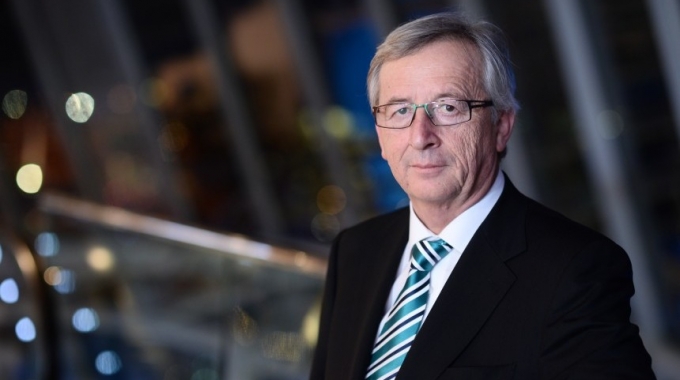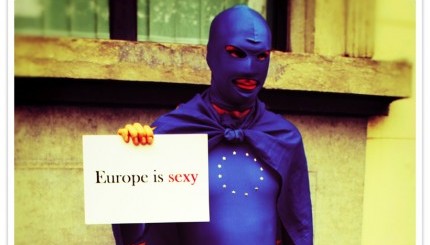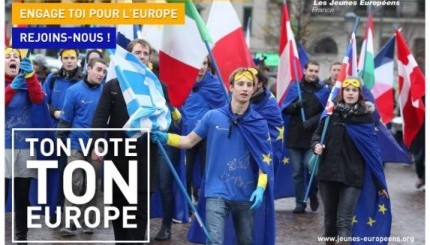
A personal Blogpost by Espen Berg-Larsen, project manager MovEurope.
Newly elected president of the European Commission, Jean Claude Juncker, presents his agenda for Jobs, Growth, Fairness and Democratic change.
First I want to applaud the Council of the European Union on a big step towards a democratic European Union as they, for the first time in history, accepted a candidate put forward by the European Parliament, in line with the Young European Federalist campaign; Respect My Vote.
Preceding the vote in the European Parliament, Jean Claude Juncker released his agenda for the coming five years. The agenda can be used as a first lead to what the priorities of the previous Luxembourg Prime Minister will be. He seems to have clear political ambitions in the development of the internal market and our trade relations, but he is seemingly visionless when it comes to tackling issues such as migration, climate change and democratic reform. This does not fit entirely with his claim of wanting “a European Union that is bigger and more ambitious on big things, and smaller and more modest on small things”. A view surprisingly shared both by the British Conservatives and the Young European Federalists.
I hope that the youth branch of his party, YEPP, will help us convince Mr. Juncker that democratic change must be ensuring accountability of the Commission, not continuing with making backroom deals.
I am specifically disappointed that his feeble attempt of promoting democratic change in the European Union is merely by intending to send “political representatives of the Commission to important trilogue negotiations”. The trilogue negotiations between the Council, Commission and majority fractions of the Parliament are far from democratic, they serve to stifle debate and present ready-made deals to the elected Parliament. I hope that the youth branch of his party, YEPP, will help us convince Mr. Juncker that democratic change must be ensuring accountability of the Commission, not continuing with making backroom deals like this.
However, regarding the democratic arrangements concerning economic recovery and reforms there is some room for hope, as he highlights the need to, in the future, replace the EU, ECB and IMF “troika” with democratic institutions, and more importantly applying “social impact assessment” when proposing future reforms.
One of his main priorities seems to be landing the historical free trade agreement with the U.S. However, he maintains that he will not sacrifice European safety, health, social and data protection standards at the altar of free trade. Let us hope that goes for consumer protection as well. A real political ambition that I feel is missing from Mr Juncker’s agenda here is transparency and democratic control. Being aware that trade negotiations normally take place behind closed doors, the EU should use this opportunity to be at the forefront, offering insight and transparency in the negotiations.
“Gender balance is not a luxury; it is a political must and should be self-evident to everybody” Jean Claude Juncker
When presenting his agenda for boosting economic growth it is evident that he needs the socialists support in Parliament. This would explain his cryptic way of mobilising € 300 billion in investment in the Union, which somewhat constitutes a political turnaround for the EPP, thus ending the blind faith in austerity policy. Growth, he argues, will also secure jobs for younger job-seekers, though sadly this is his only mention of youth in his agenda. I will however applaud his view on gender balance and the importance of this to the democratic development of the Union. He concludes that this is not a luxury, but a self-evident necessity for a democratic approach.
“I will do my utmost to make a difference” says Juncker. I hope you will, wishing you a good term as President of the European Commission.
“This time it’s different” was the motto of the European Parliament, and “I will do my utmost to make this difference” says Juncker. I hope you will, wishing you a good term as President of the European Commission.
____________________________________________________________________________________________________
The Young European Federalists are gathering policy proposals on how we can bring about the changes needed in the European Union in the next five years. If you have any suggestions, please fill out our consultation form.



